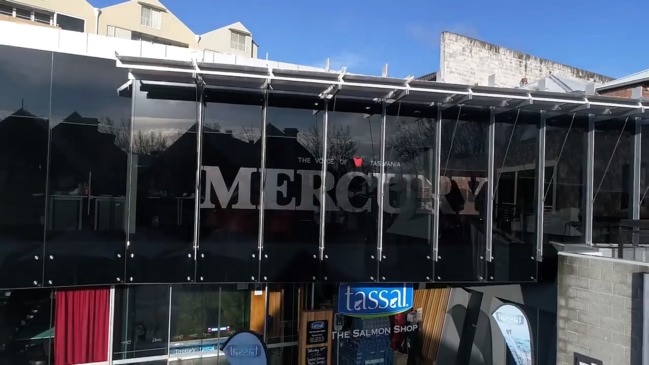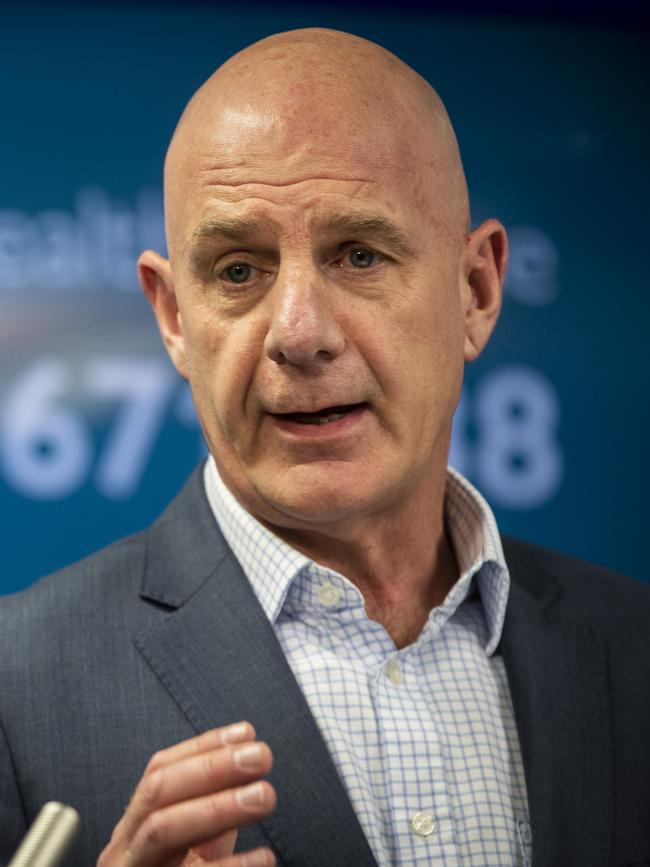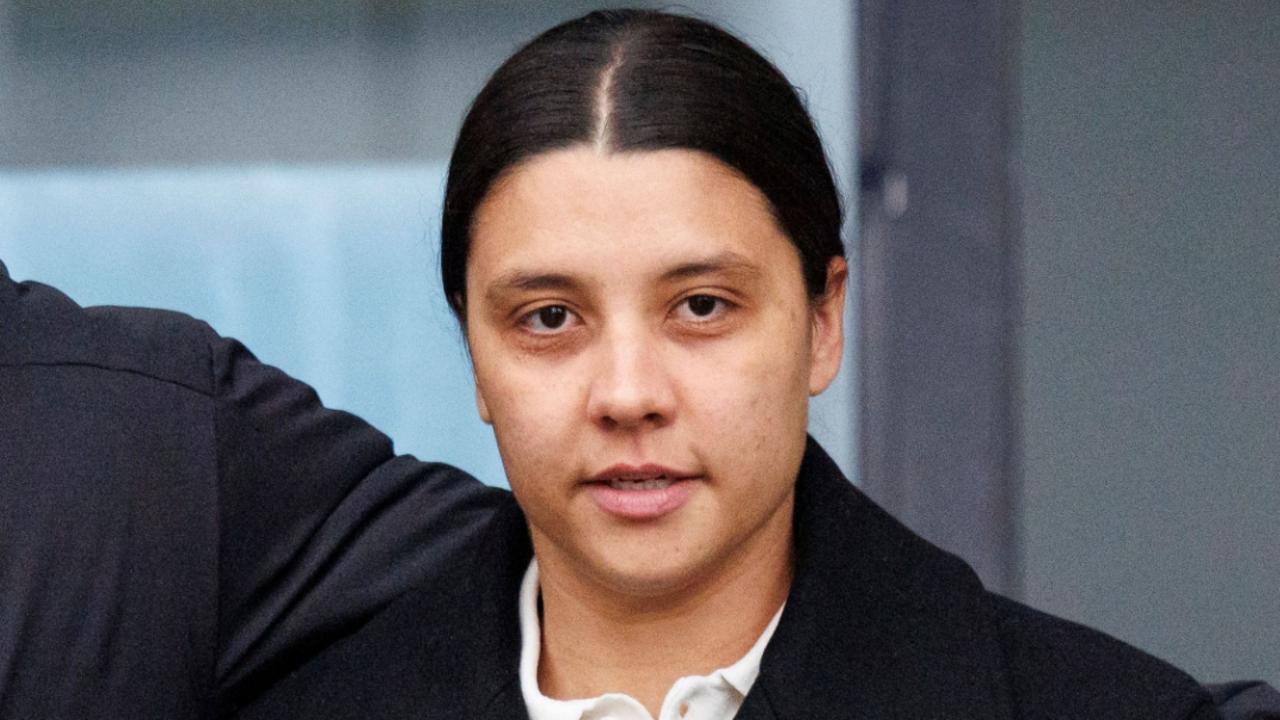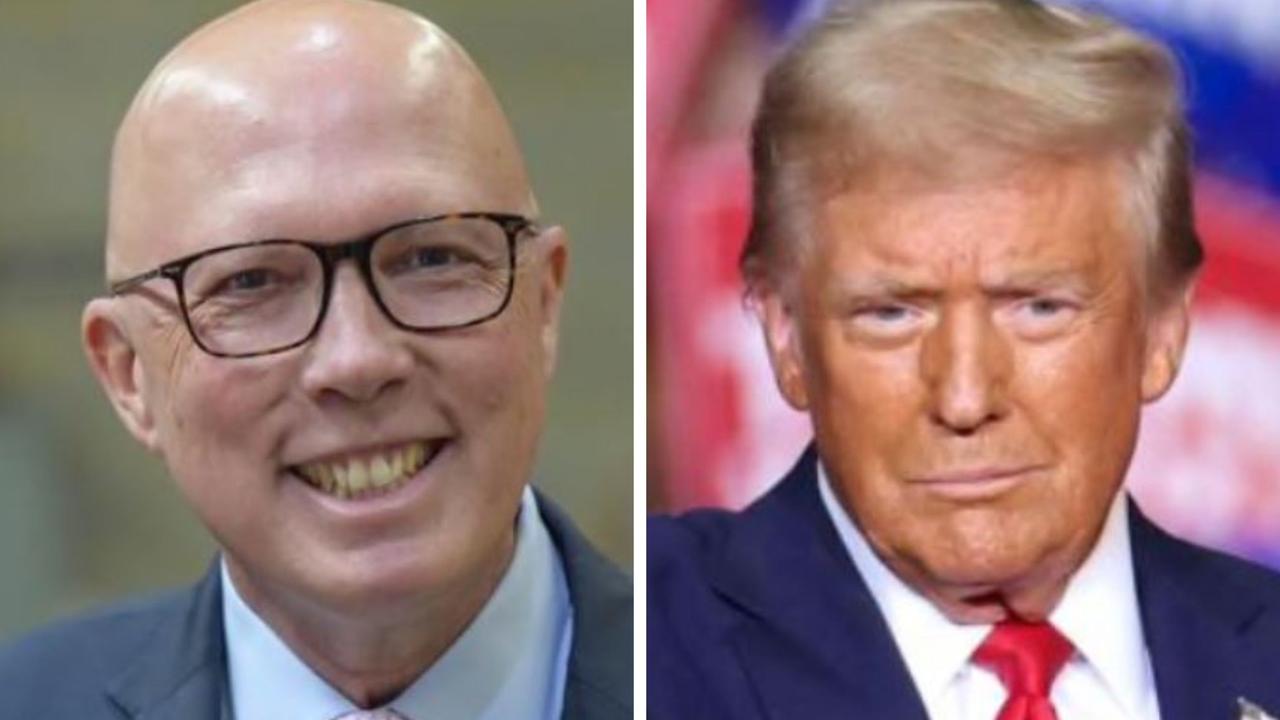Editorial: Sacred tenets in the balance
The seriousness of this coronavirus crisis is underlined by the rapid changes to longstanding institutions that the state has seen in the past week.

Opinion
Don't miss out on the headlines from Opinion. Followed categories will be added to My News.
THERE can be no doubt the coronavirus pandemic, which is wreaking so much havoc, is the greatest crisis to face the state in the post-war period. The measures put in place to try to contain the virus have ended the state’s brief, glorious economic boom, put tens of thousands in dole queues and have placed a burden on the state’s finances that will take years, if not decades, to rebound from.
A crisis like this is enough to test the mettle of any leader. In a time of uncertainty, people look for strong and decisive leadership and the consensus to date appears to be that Premier Peter Gutwein has risen to the challenge. It is clear the last few weeks have been a difficult time for Mr Gutwein: as he had said, putting in place restrictions that he knew would cost so many jobs was a source of great personal heartache. But every day, the Premier has faced the public and explained the current situation and how his Government is acting.

It is important to note that Mr Gutwein is only one of the thousands of Tasmanians who are putting in long hours to come to terms with this pandemic. He is backed by his ministers and by senior public servants, such as those in public health, by the police commissioner and the officers of Tasmania Police, by the thousands of health workers who will stand on the front lines as this crisis deepens, as is sure it will.
Some in the community are clamouring for tougher action: for lockdowns and for stricter controls on freedom of movement and the like. But this is a balancing act. Avoiding any impact of coronavirus is already impossible. It is a matter of determining what practical measures might be taken, in what order and with what degree of vigour — and at what cost.
The seriousness of this crisis is underlined by the rapid changes to longstanding institutions that the state has seen in the last week, such as the suspension of parliament, the delay to the budget, the effective closure of the border, the exclusion of the public from previously open courts, a ban on gatherings, the broad powers being granted to the government and police to see us through. From today, citizens who arrive in this state will be quarantined in hotels guarded by police and military personnel. These are extreme measures, some of which have not been seen since wartime, some of which have not been seen in this state before. For the next five months, the Government will effectively rule without the usual checks and balances that have evolved over centuries to ensure our democracy is fair, robust and representative.
The public has placed a great degree of trust in the Premier and his Government in accepting the necessity for the restrictions that have been put in place. Mr Gutwein has vowed he will use those powers only to protect public safety and there is no indication yet that he cannot be taken on his word.
Two things are essential. Firstly, every person must play their part to ensure that the many sacrifices made to date, and certainly to be made in the months to come, are not in vain. We must all play our part in defeating this disease. And secondly, the Government must not hold onto its emergency powers for a moment longer than they are needed.


